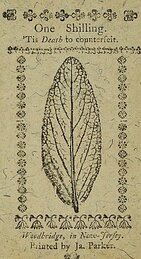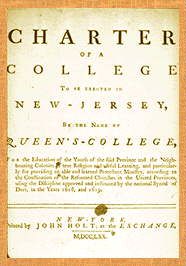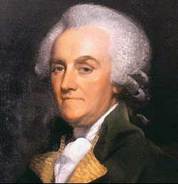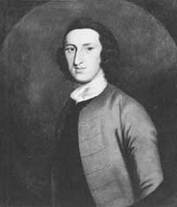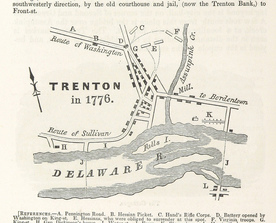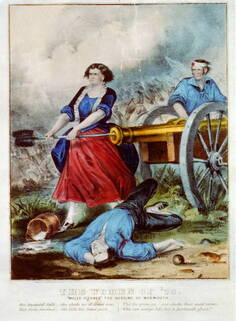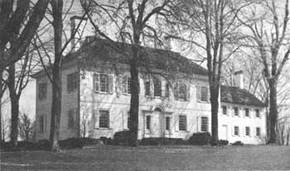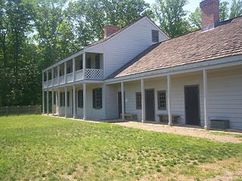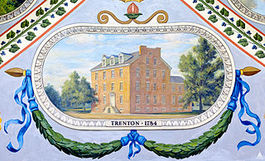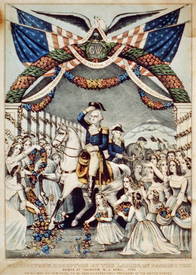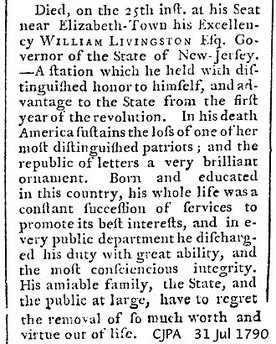-- New Jersey Timeline 1750-1799
|
|
1796 - On February 22, the Assembly passes “An Act to regulate the Election of Members of the Legislative-Council and the General Assembly, Sheriffs and Coroners, in this State,” which specifically included women as eligible to vote, thus clarifying the provision in the 1776 Constitution which stated that "all inhabitants" could vote.
|
|
1798 - New Jersey legislature enacts legislation incorporating initial group of 104 townships.
|
Timeline
* Prehistoric-1699 * 1700-1749 * 1750-1799 * 1800-1849 * 1850-1899
* 1900-1949 * 1950-1999 * 2000-
* Prehistoric-1699 * 1700-1749 * 1750-1799 * 1800-1849 * 1850-1899
* 1900-1949 * 1950-1999 * 2000-
